Three shows in a week! Why, it was just like the first week of March. There was, however, little of that last-days-of-Weimar giddiness about these. How could there be, when there were 300-odd people dotted around Barbican Hall’s 2,000 seats, and 50 or so of us at Oslo — normally a packed, standing-only club — sat on stools, unable even to waggle a hip?
One felt sad for Working Men’s Club, a young quartet from Yorkshire whose first album — released earlier this month — had critics cheering. They should have been swanning around the country, heading off to Europe, maybe popping across the Atlantic, to play in New York and LA at least. Instead, their tour was three half-hour shows in one evening in a single London club.
There’s nothing terribly original about them — with their synths and their drum machine and their scrapey guitar and twangy bass, they cover the whole gamut of musical endeavour from Joy Division to New Order — but they do it well.
And, brilliantly, despite it being late afternoon, despite everyone being seated, despite the enforced distance between band and crowd (broken a couple of times when singer Syd Minsky-Sargeant jumped from the stage, which felt dangerous in a way it usually doesn’t), they made it feel like a gig. By the end, people were trying awkwardly to dance in their seats, Minsky-Sargeant had his top off, and the cheers were more than just grateful; they were genuine. Above all, it felt wonderful not just to hear but also to feel music at real gig volume, to feel the sensuous embrace of sound. And if Working Men’s Club can quieten their influences and let themselves be heard, then their future might be bright.
Of the major London venues, only the Barbican and Kings Place have managed to put together seasons of live performance this autumn.
Erland Cooper said from the stage that it had only been possible because of an anony-mous benefactor, which sounded entirely reasonable. To walk around this vast complex on a Saturday night and encounter only a handful of people felt like living in an episode of Doctor Who.
Cooper himself is an engaging fellow, whose work in various guises — as a member of bands, as a performer, as a composer — has often contemplated landscape and place. His hour-long performance —he played some piano and keyboards, and sometimes conducted his string section (I say conducted; he sort of swayed and leaned and pointed a little bit) — was meant to recreate the sensation of the ferry crossing from the Scottish mainland to his birthplace, Orkney.
Lovely as it was — and one has to allow for the fact that at the moment even Black Lace performing ‘Agadoo’ at symphony-length would be a blessed break from pandemic monotony — there were quibbles. Everything sounded much the same, for one thing. Simple minor-key piano patterns were repeated for melancholy; churning strings provided yearning. At its most predictable, it was like a set of codas for Coldplay songs. That sounds harsher than it should: I enjoyed it, and I’m grateful to Cooper for taking to the stage.
The most simply fun of these shows was The Divine Comedy. ‘Welcome to the first night of our tour!’ said Neil Hannon, who in tan suit and silk scarf looked like an off-duty Royal Flying Corps officer, which was probably the intention. ‘And the last night of our tour!’
Hannon has never quite been taken seriously in the UK, with the slight suspicion — aided by hits such as ‘National Express’ and side projects such as the cricket-themed Duckworth Lewis Method — that he’s a novelty. It’s hardly novelty in the Mr Blobby sense, though: it’s more as though he could not decide between Jacques Brel and Jake Thackray and decided to put both of them into his songs. Likewise his image might be part Hugh Hefner — but it’s a Hugh Hefner more concerned about the milkman being late than with filling his home with busty blondes.
Hannon’s a skilled pasticheur — ‘Tonight We Fly’ owed a debt to Michael Nyman so large it is still accruing interest — but unlike most pasticheurs, he found his own voice in the gaps between the different kinds of music he loved, and, for all the archness of his best-known songs, there was real sadness to ‘A Lady of a Certain Age’.
It was the best hour I’ve spent in a very long time. All the Barbican shows are to be streamed, but I recommend you try to get to one in person (or to something at Kings Place), because there is a magic to hearing music in such small audiences. It’s not the same as it was, but it’s wonderful.
Got something to add? Join the discussion and comment below.
Get 10 issues for just $10
Subscribe to The Spectator Australia today for the next 10 magazine issues, plus full online access, for just $10.
Live From the Barbican continues until 13 December.
You might disagree with half of it, but you’ll enjoy reading all of it. Try your first month for free, then just $2 a week for the remainder of your first year.

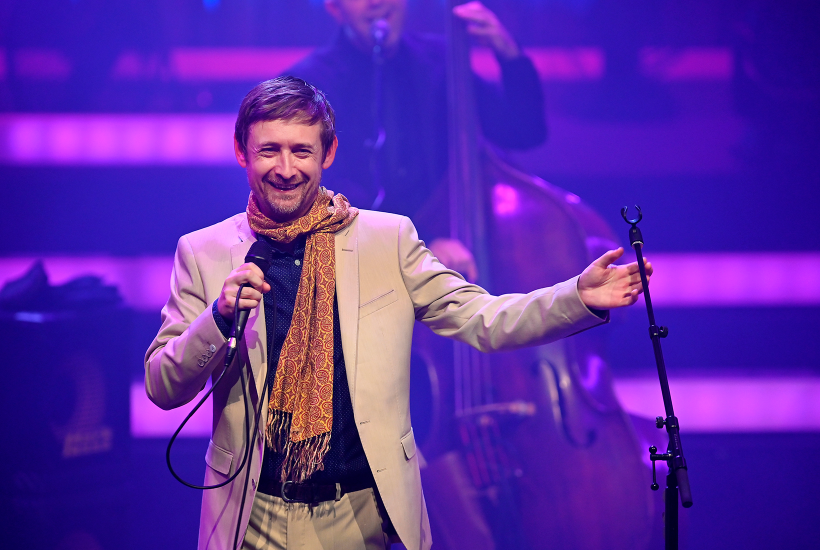
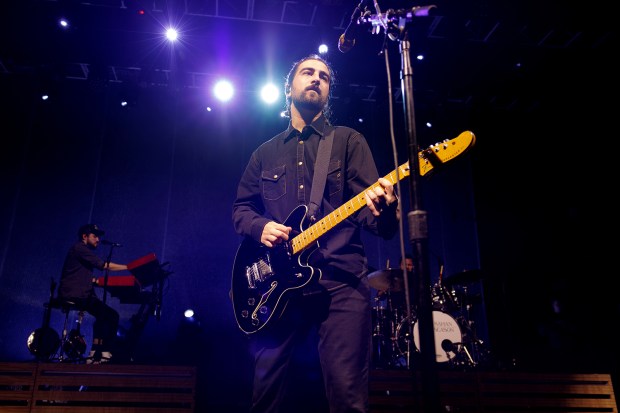
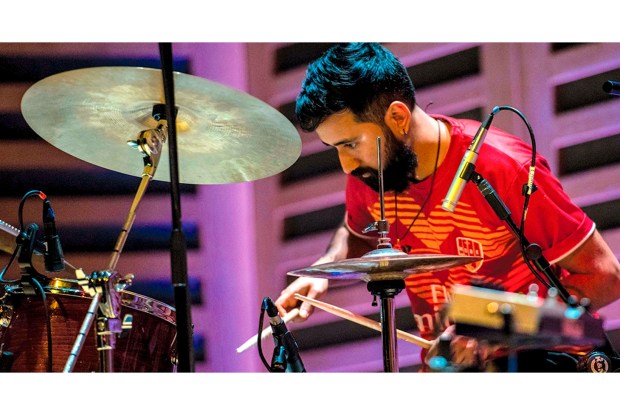
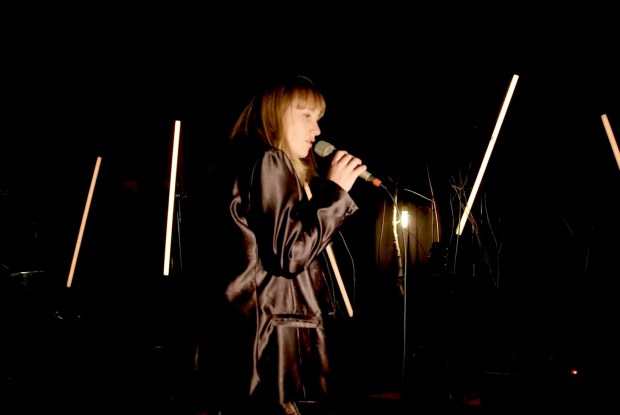
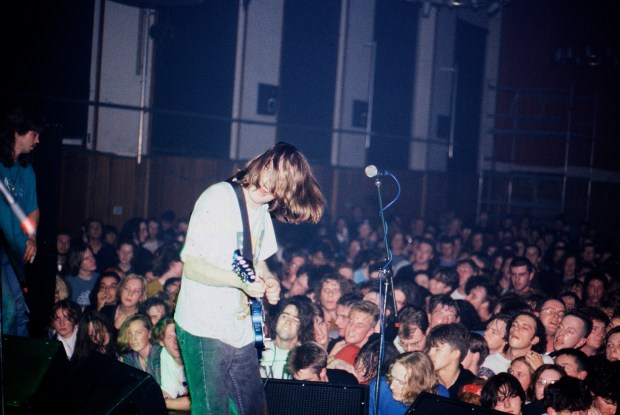

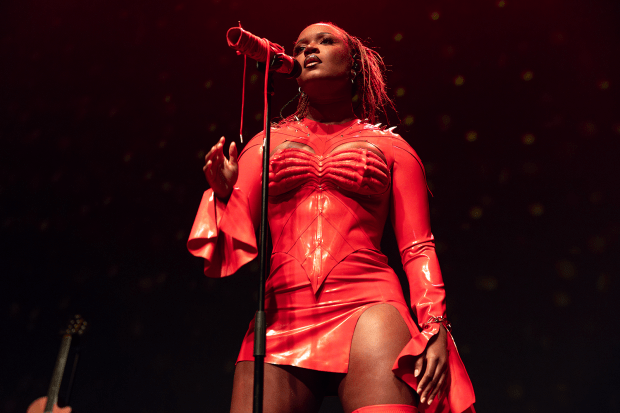






Comments
Don't miss out
Join the conversation with other Spectator Australia readers. Subscribe to leave a comment.
SUBSCRIBEAlready a subscriber? Log in